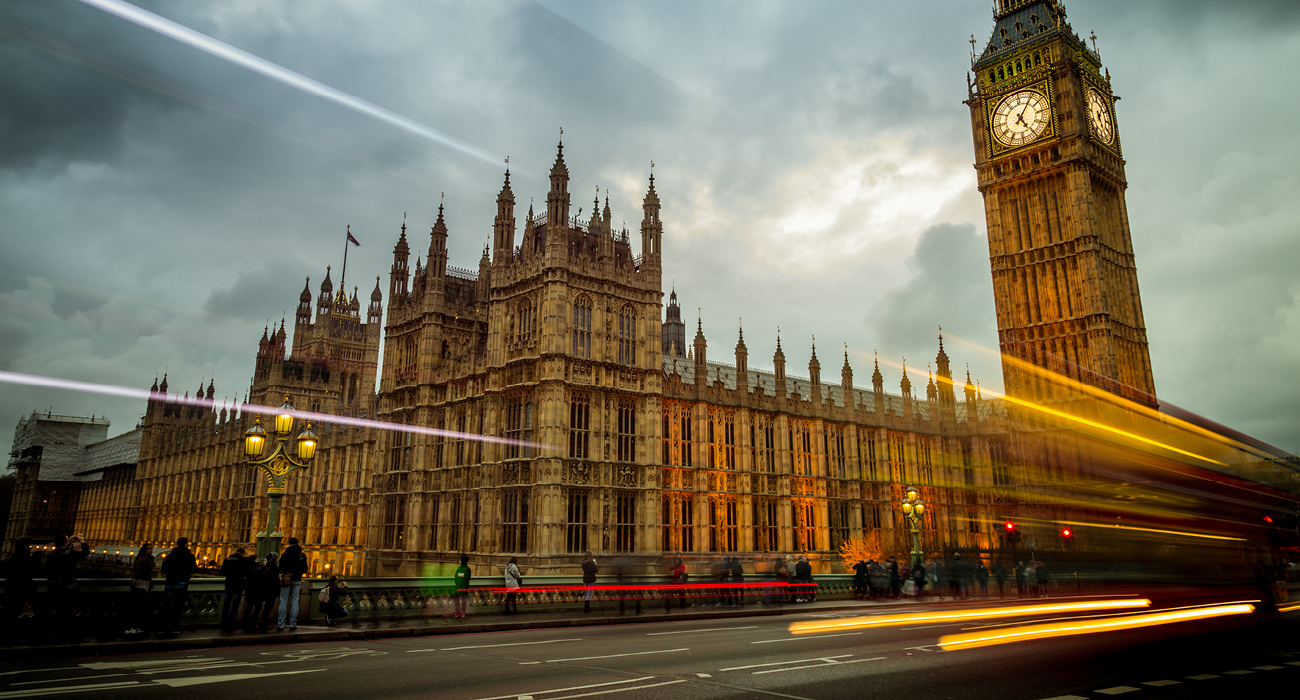The UK government’s Clean Power 2030 Action Plan has set the stage for one of the most transformative times in energy history, with the national drive towards a 95% clean electricity system promising a more stable, secure and sustainable future.
However, this transformation comes at a cost. And every business in the UK is now facing a sharp increase in non-commodity costs, to help fund the infrastructure needed.
Whether this is something businesses are concerned about or comfortable with is the central question driving this year’s Business Energy Tracker report: The cost of clean power: will your business pay the price?
Non-commodity costs, energy risk and clean power commitments
Packed with considered commentary and new insights, our Business Energy Tracker 2025 is essential reading for UK businesses. We surveyed 136 people responsible for their organisation’s energy provider, in companies with an annual energy spend of £100,000 or more. We also conducted in-depth interviews to capture candid views on the support required from the government, so we can better understand how to make the country’s clean power ambitions a reality.
In the report, we explore not only the issue of clean power costs but also how businesses are actively navigating energy risk, investing in clean energy strategies, and grappling with confidence in the net zero transition.
The research is also supported by exclusive data from our Optimisation Desk, plus expert views from Cornwall Insight. So, what three key findings did the Business Energy Tracker 2025 reveal?
Three key takeaways from the Business Energy Tracker 2025
1. Concerns around energy costs persist, especially rising non-commodity charges
Energy is the biggest business risk for the fourth consecutive year, with a staggering 79% of businesses expecting their energy invoices to rise over the next 12 months. This marks an increase from 72% in our 2023 report.
This anxiety is amplified by the low-carbon transition, with an overwhelming 97% of businesses concerned about associated rising costs. Nearly half (49%) anticipate their non-commodity charges will jump by 25% or more.
Looking at this in context, UK businesses are dealing with the highest industrial energy prices out of 24 countries reporting to the International Energy Association (IEA). According to the latest figures, electricity prices for UK industrial users were almost 50% higher than in France and Germany and four times higher than the USA and Canada.
2. Commitment to clean power remains high, but confidence is waning
Despite worries surrounding costs, businesses are actively engaged in the clean power mission - but their confidence in national targets is wavering. A majority of businesses (61%) believe the Clean Power 2030 Action Plan targets will be missed, even though 41% acknowledge the plan will benefit their organisation.
And while most businesses (57%) understand they will need to cover some of the low-carbon transition costs, a significant minority (33%) disagree. Furthermore, while energy efficiency remains the top strategy to manage costs, 37% of businesses admit that net zero is not a priority for them over the next year.
3. Businesses want strategic government support amid policy division
Businesses are divided on the effectiveness of current government policy, with 46% expecting to benefit from measures introduced under the Modern Industrial Strategy, in contrast with 31% who do not.
This split underscores the need for more targeted intervention, particularly government support for energy costs. Businesses called for the development of the Corporate Power Purchase Agreement (CPPA) market (47%), a new scheme for direct financial support (43%), and finance packages to encourage investment in on-site energy generation (39%).
The Business Energy Tracker is more than just a report - it's your mandate for change. That’s why, every year, we take the collective insights from businesses directly to the Department for Energy Security and Net Zero (DESNZ).
We're committed to making sure the challenges and opportunities you identify are front-of-mind as they shape future energy policy. We look forward to taking this year's powerful findings to the government soon.
Download the 2025 report now
The findings of the Business Energy Tracker 2025 reinforce a crucial message: the clean power mission is not a binary choice, but an opportunity for partnership. It requires pairing long-term national ambition with robust, near-term support for businesses.
We’re ready to work with the government to ensure that, while we build a cleaner and more stable energy future, businesses receive the right support to ensure they remain competitive now and in the future.
Are you facing the same pressures? See if your concerns around non-commodity costs and government support align with the market’s. Download your copy of the Business Energy Tracker 2025 now to gain all the essential details and strategic insights.
/npm214%20Digital_H_UB139.jpg)

/npm214%20Digital_H_UB142.jpg)
/npm214%20Digital_H_UB101.jpg)
/npm214%20Digital_H_UB132.jpg)


/npm214%20Digital_H_UB143.jpg)


/Author%20Profile%20Ainsworth_Anthony_G.png)
